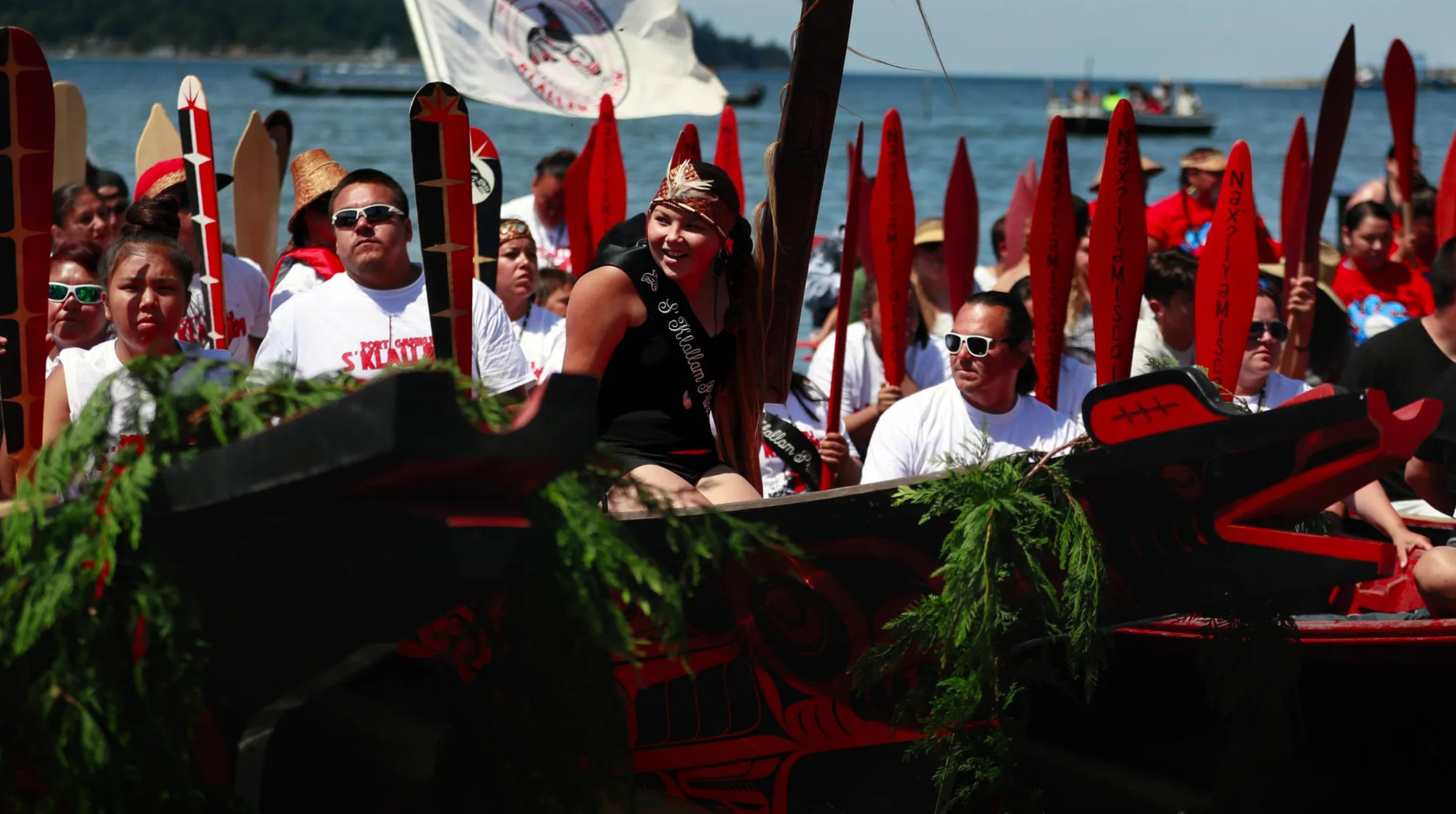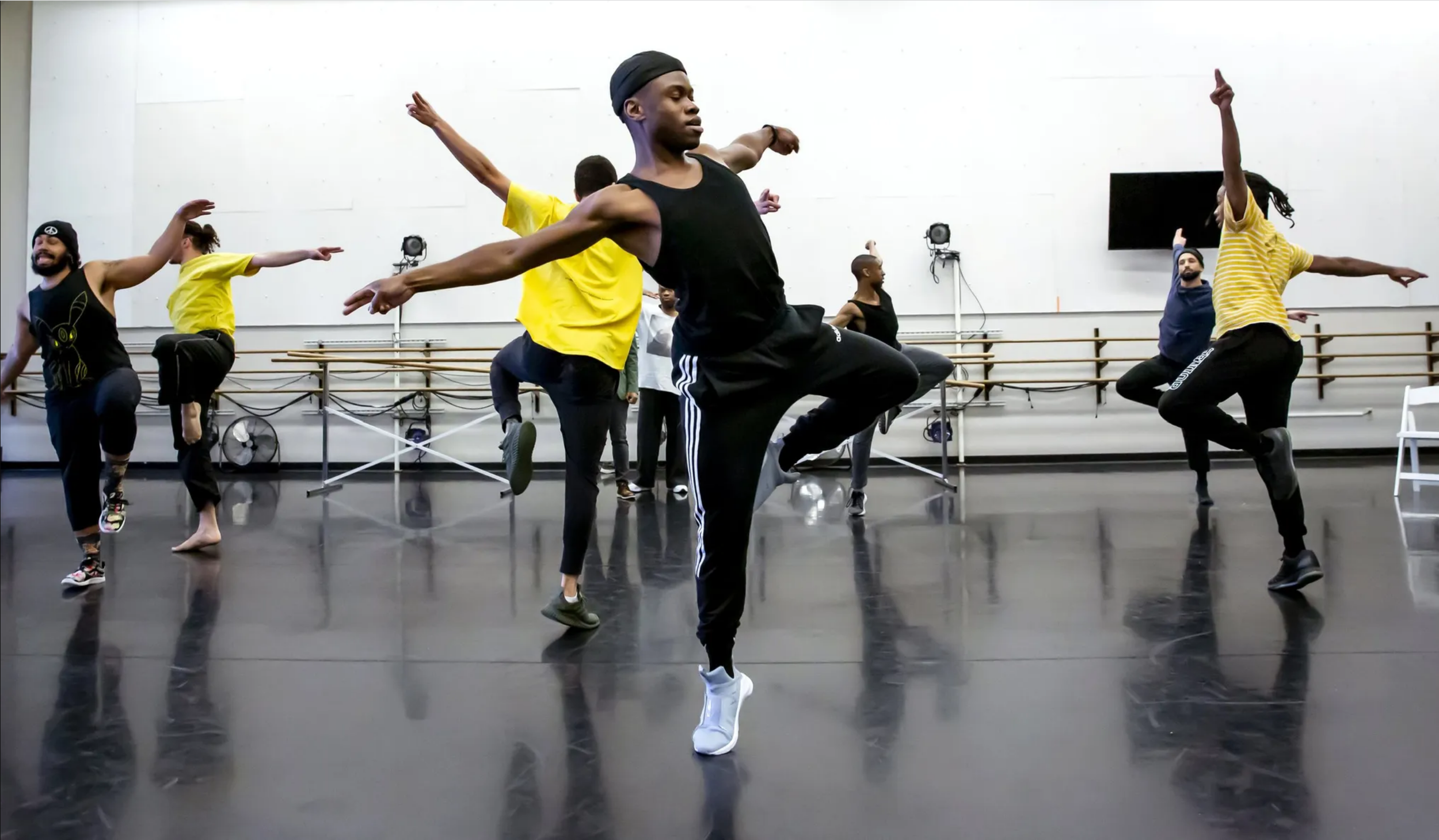Select WorksThe A1 Revisited project aimed to help the Seattle Times directly address the harm some of its past coverage has caused. We dug into the archives to “revisit” the front-page stories (or stories that should have been front-page) in which the Seattle Times covered significant historical events.
A1 Revisited interrogates past coverage, noting where it went wrong, considering how we would cover these events differently today, and collaborating with community members and organizations, and asking critical questions. The goal is to learn from the past and create fairer, more accurate, more equitable and more inclusive coverage.
photo by Erika J. Schultz
The Seattle Times, 2019
Winner of the SPJ Northwest award
“LUMMI NATION — As the setting sun casts warm shadows over dozens of tents scattered across the grounds of the Lummi Nation School, a casual circle of drummers sings soulfully to the slow steady rhythm.
A woman hums along as she smooths an elder’s hair. Nearby kids play in the grass, and elders lounge and shift, trying to find a shady spot to keep out of the rapidly retiring sun.
They’ve all earned this leisurely hour after journeying in canoes for weeks, from various tribes along the Salish Sea and beyond, all the way to Lummi, the site of this year’s annual tribal canoe journey, the Paddle to Lummi...”
The Seattle Times, 2019
Runner-up SPJ Northwest award
TACOMA — When Clyde Robinson was drafted into the U.S. Army’s 9th Cavalry Regiment in 1942, he had never heard of the buffalo soldiers. He did not know that he would become part of the storied, complicated legacy of the all-black regiments of the U.S. military.
Robinson served in the Philippines in World War II. Now 98 and living in Skyway, he proudly proclaims that he is the “last remaining buffalo soldier in Seattle and Tacoma.”
photo by Bettina Hansen
They Lost Loved Ones to Guns. They’re Sharing Their Stories So Things Will Be Different.
Seven gun violence survivors, seven stories of Chicago. How might their experiences drive change?
photo by Akilah Townsend
The Trace , 2024
“ On an unseasonably warm night this past September, the room was quiet. The only thing the seven people sitting around the table knew about each other was that their lives had been marked by gun violence.
That’s how it all started — seven survivors, gathering in Bronzeville every month to tell their stories as the streetlights glowed to life, casting yellow halos through the large conference room windows. They were there as part of the Survivor Storytelling Network — an initiative by The Trace to empower gun violence survivors to publish their stories in their own words. The daily news cycle’s recounting of stories about gun violence can be minimal and dispassionate. Here, the people who are the subjects of crime coverage become the writers, and they tell the story of gun violence in this city in a different manner.
More select works…







